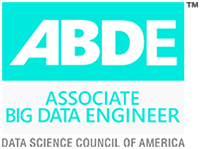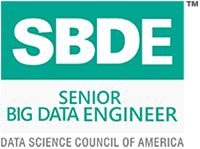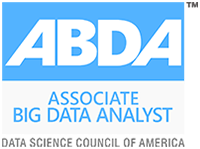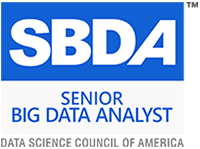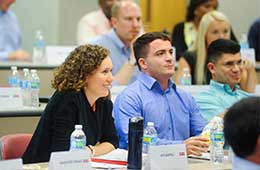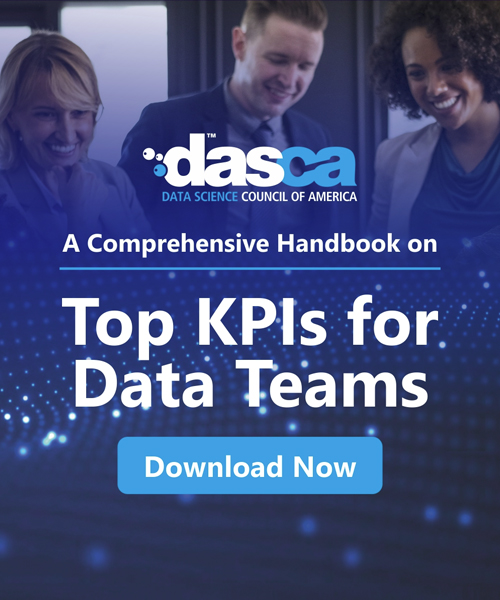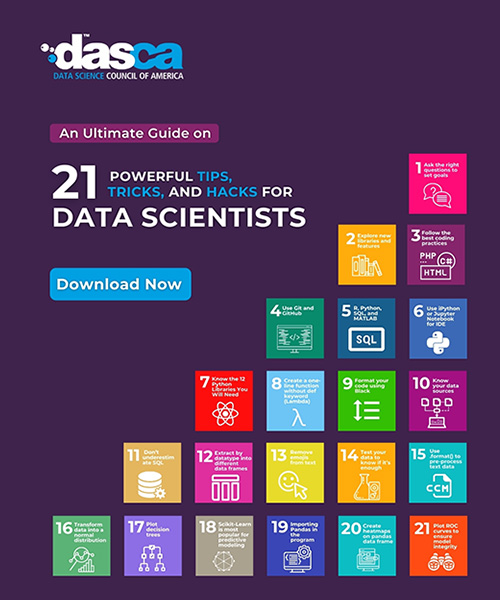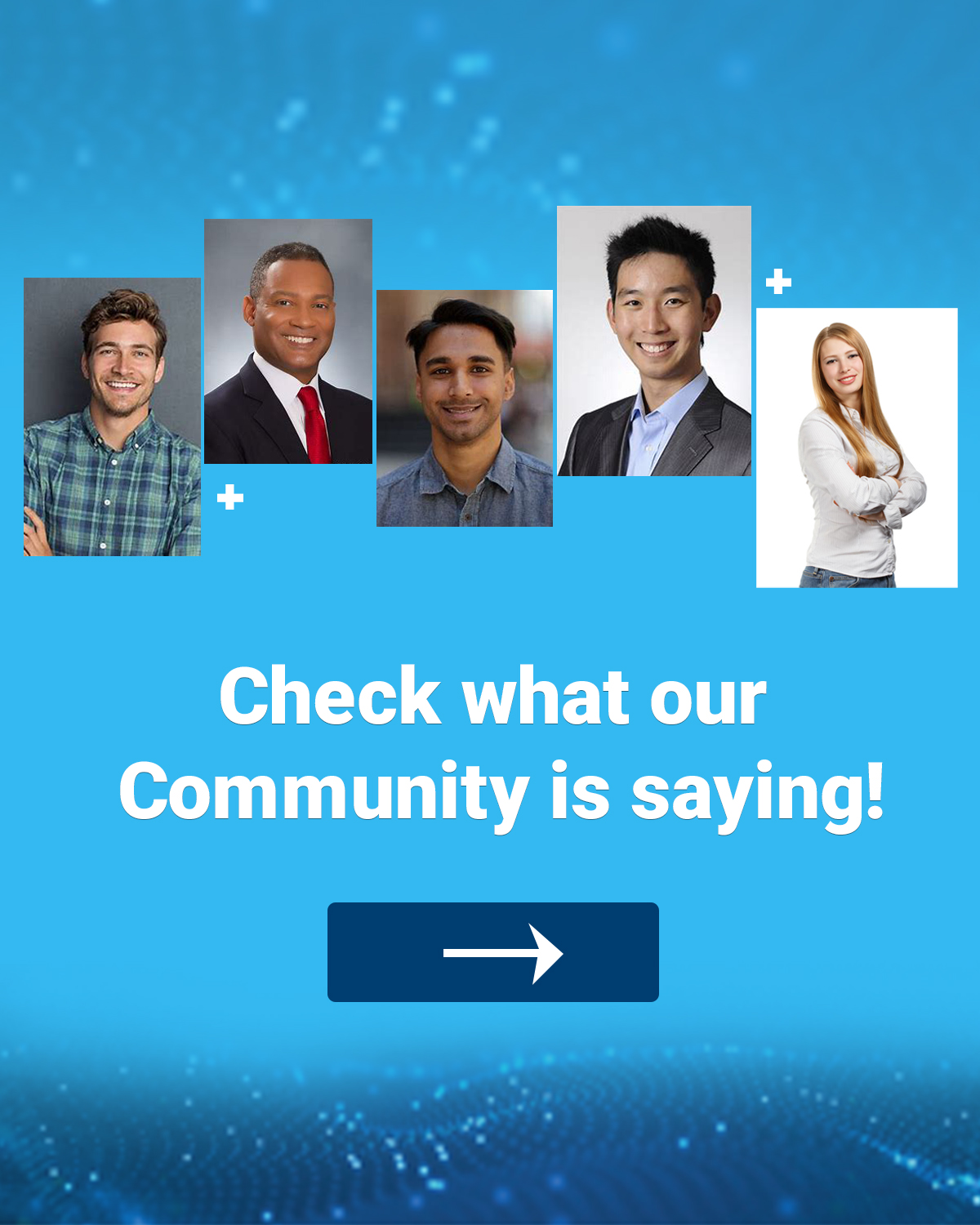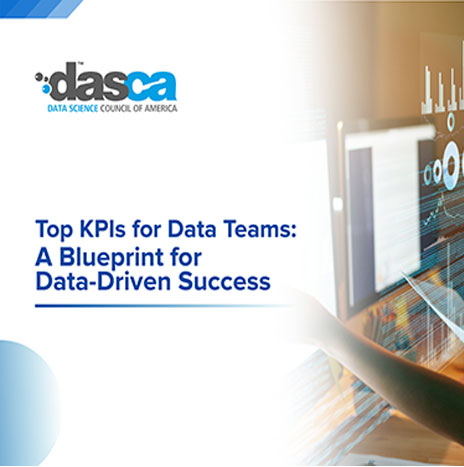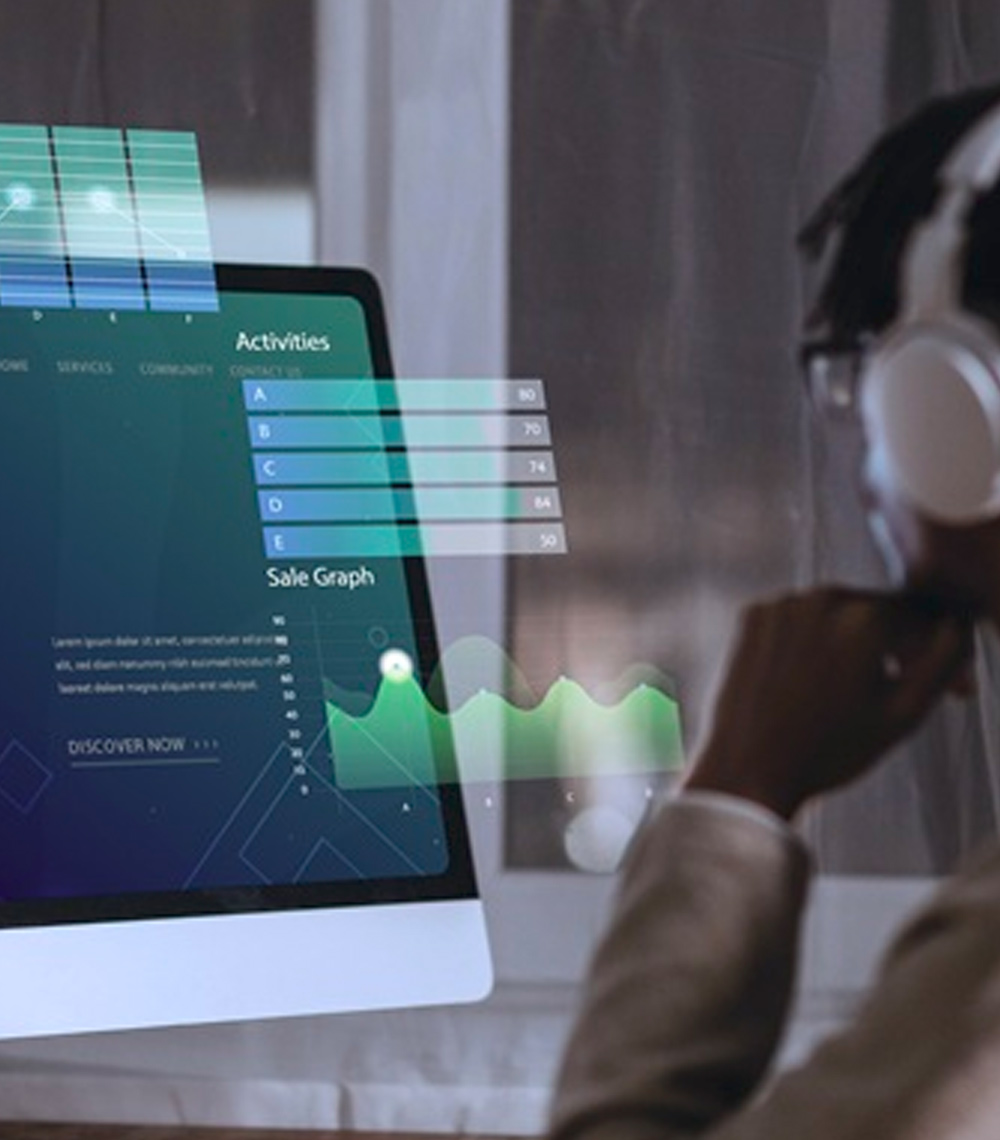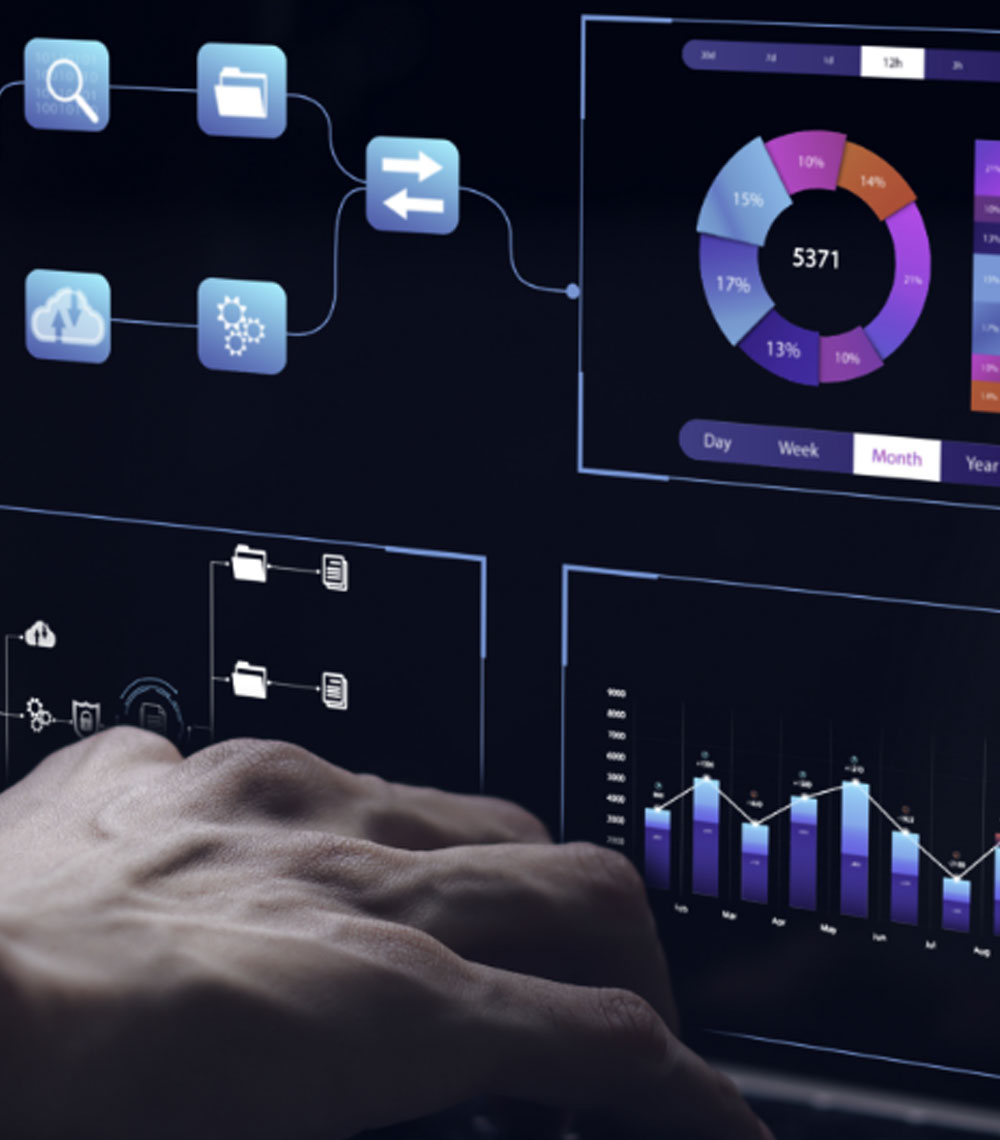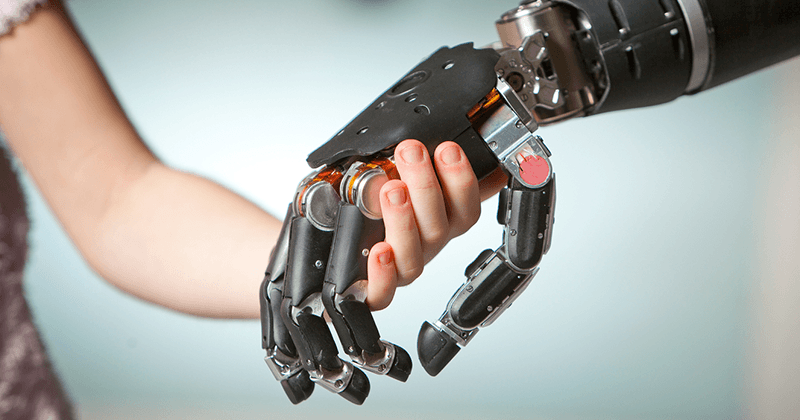
Well, the geeks certainly did inherit the earth. And they are on a mission to save it. Across countries, industries, sectors, they are using their weapons of mass development to make the world a better place with actionable insights. Sure, the occasional flak does present itself from time to time but we can all agree that beyond all the Senate hearings and all the general data privacy rules, the world is far better off today for them and their kind. But away from the huge paychecks and beyond the limelight, data scientists are toiling away to solve things of an even larger scale – some of the biggest problems that humankind faces today.
Big Data has played crucial roles in disaster management, disease control, crime prevention and several other initiatives that have largely gone unnoticed till now, and there’s more to come. Global development bodies including the United Nations have repeatedly stressed on the criticality of Big Data Analytics for social responsibilities and upliftment, as evidenced by its Sustainable Development Goals manifesto, and given the fact that it floated the concept of “A Data Revolution”. Governments across the world are already harnessing the capabilities of the discipline to benefit society, however, there is a lot more that remains to be done, and a wider connect between social sciences and the power of big data analytics makes its own case. Speaking of cases, some case studies throw up compelling evidence, to say the least, of the power Big Data has, to make each day a little better for us all.
United Nations has repeatedly stressed on the criticality of Big Data Analytics for social responsibilities and upliftment.
SwinBurne University, in collaboration with Australian Red Cross, has developed a process of identifying particular hotspots in the region for prompt and immediate humanitarian action. By analyzing social media activity and running several layers of analyses on events and posts related to humanitarian causes, a large number of charitable and volunteering activities were identified around Melbourne. As a result, local aid organizations were tapped in these ‘hotspots’ and then mobilized to help in cases of distress in rural areas in and around the Victoria region.
TRACKING FIRE SAFETY LEVELSThe website of Enigma Labs, a US-based analytics agency, points out that 25,000 deaths or injuries are caused in the US every year as a result of fire-based incidents. Domestic fires are the biggest threats in homes that don’t have a fire alarm system in place. Using data from a geocoder tool and public datasets about domestic fire outbreak incidents, Enigma created a heat map of areas that have homes without adequate fire alarm systems. This online tool turned out to be popular enough for them to expand the project across the country and also allocate a fire-threat level score based on the neighborhood, empowering residents and firefighters across the country and also giving them access to risk analytics data in a user friendly medium.
TELECOM ANALYTICS FOR DISEASE CONTROLIt would be difficult to extol the virtues of big data analytics and social good without a mention of how telecom analytics helped government and non-profits combat the Ebola virus outbreak in 2014. A combination of mobile phone calls data, identification of metadata common in distress calls, and predictive analytics combined with geolocation data helped accurately map the movement of the disease, and predict the subsequent areas most likely to be affected by the outbreak. Insights from these were also routed to agencies in order for them to provide assistance and advisory services for prevention and treatment to the affected.
Making the world a better place might sound like a phrase straight out of a superhero comic book, but data scientists across the world are silently engineering this revolution without their capes. Bloomberg, since 2015, has been hosting a Data for Good exchange for entrepreneurs and data scientists to come together and share their solutions. Data science has long been hailed as the most promising phenomenon in the hyper-connected complexities of the present. How fast and how good the world can become is an outcome the world’s largest agencies and corporations are eagerly aiming to find out. Welcome to Society 4.0.






